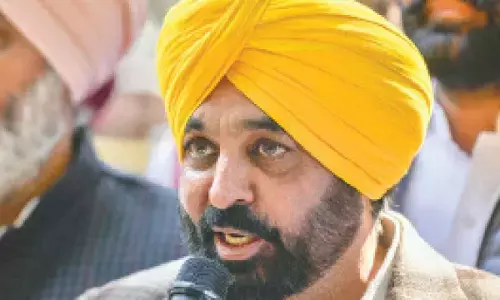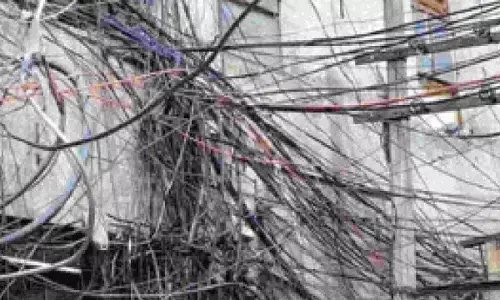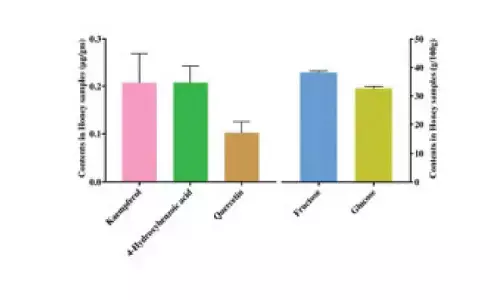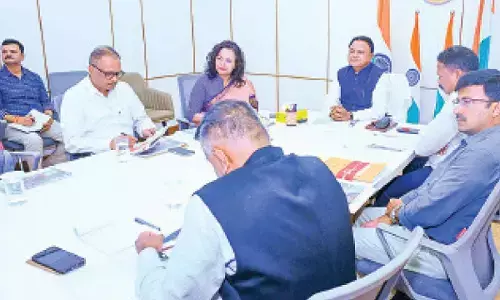Bureaucratic corruption: Top reasons

Bureaucratic corruption: Top reasons, We, as citizens of India, need to understand and appreciate that two forms of corruption pervades our public discourse
 We, as citizens of India, need to understand and appreciate that two forms of corruption pervades our public discourse -- public and private corruption. The discourse on corruption is itself getting shriller, murkier, more annoying and personally scathing with every passing day. We are focusing too much on corruption at the level of politicians and not focusing enough on how the bureaucracy functions, supports and connives to make it all possible.
We, as citizens of India, need to understand and appreciate that two forms of corruption pervades our public discourse -- public and private corruption. The discourse on corruption is itself getting shriller, murkier, more annoying and personally scathing with every passing day. We are focusing too much on corruption at the level of politicians and not focusing enough on how the bureaucracy functions, supports and connives to make it all possible.Public corruption is the illicit use of political influence (sale of political influence, political extortion, industry capture, strategic investment decisions, etc.), whereas private corruption arises when the either the private player curtails competition (thus, compromising consumer interests) or when there is a case of industry capture with regulators getting too close to the industry and promoting its interest at the expense of broader societal interest.
Public corruption in India arises due to high level of governmental or bureaucratic intervention in the country. The complete authority that the bureaucracy has over the tasks ordained to be completed and executed by the government gives it powers that are absolutely gargantuan and liable to misuse.
The adage "power corrupts and absolute power corrupts absolutely" fits exceptionally well here. The absolute corruption that we see within the bureaucracy is reflected in their attitude towards learning, their limited perspective, narrow views, their inability to think and unwillingness to appreciate a different perspective -- causing grievous harm to individuals who disagree with the bureaucrats.
There is not a single sector or aspect of our lives where influence and illogical intervention is not the norm. Today, the bureaucracy is using public discourse to divert attention from itself and even formulating foreign policy (remember the Devyani Khobragade case?), which is absolutely dangerous, and underlines the breakdown of democratic institutions.
Corruption is a stark manifestation of the rent-seeking behavior of government officials, the bureaucracy and the private sector. The fight today is between social welfare and pursuing self-interest. The self-interest of the politician is to get re-elected and he/she performs keeping their political agendas in mind, whereas the bureaucrat has no reason to fear the law, perform, be reasoned and maybe well-meaning.
Non-performance of the bureaucracy (which is a form of individual corruption) or performance that only keeps in mind the protection of their individual interests is the gravest danger to the country. The adverse effects of corruption are already visible in the lower acceptance of established institutions, deficient counter-systems, etc. This could not have happened without the explicit support of the bureaucracy -- and not only the politicians we tend to blame.
Corruption is a complex phenomenon that affects the quality of institutions within the country. It is like an arbitrary tax, a
complex social behaviour, which occurs because of a need to speed up procedures. Bureaucratic corruption, simply put, is the biggest obstacle to economic and social development as it undermines development by destroying the rule of law and weakening institutional foundations.
The best way to curb corruption is to reduce the opportunities for intervention by the government and bureaucracy. Corruption, without doubt, can be looked at as a resource allocation problem in most of the developing world, which is executed by its bureaucracy. The government should ideally, as a first step, remove cumbersome regulations that increase opportunities for public officials to interact with individuals and businesses, and give them summary control over resources.
This would be one significant step for India to recover lost ground in its march towards becoming a productive and competitive nation.
Let's not forget what Mahatma Gandhi said -- that we are not simply interested in exchanging the rule by white sahibs for rule by brown sahibs. Unfortunately, this is exactly what has happened. What we need, more than anything else, is a revolution to free us from the clutches of bureaucracy.
Next Story








